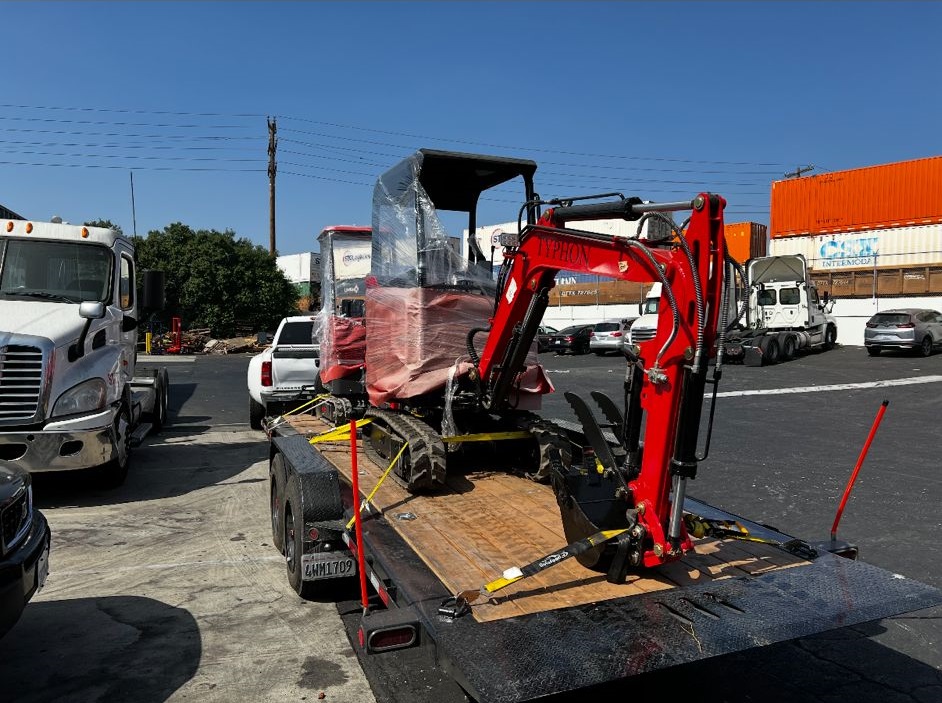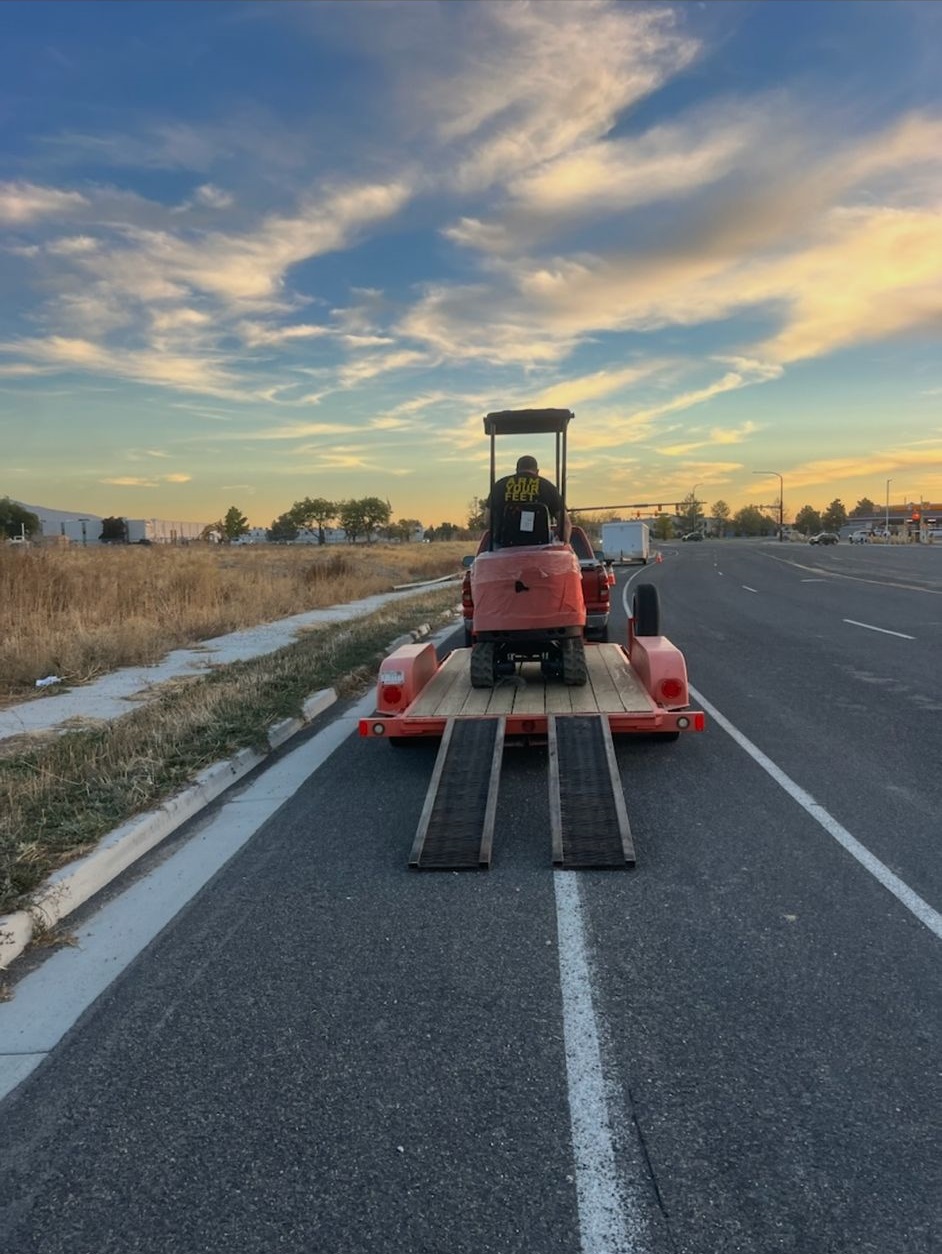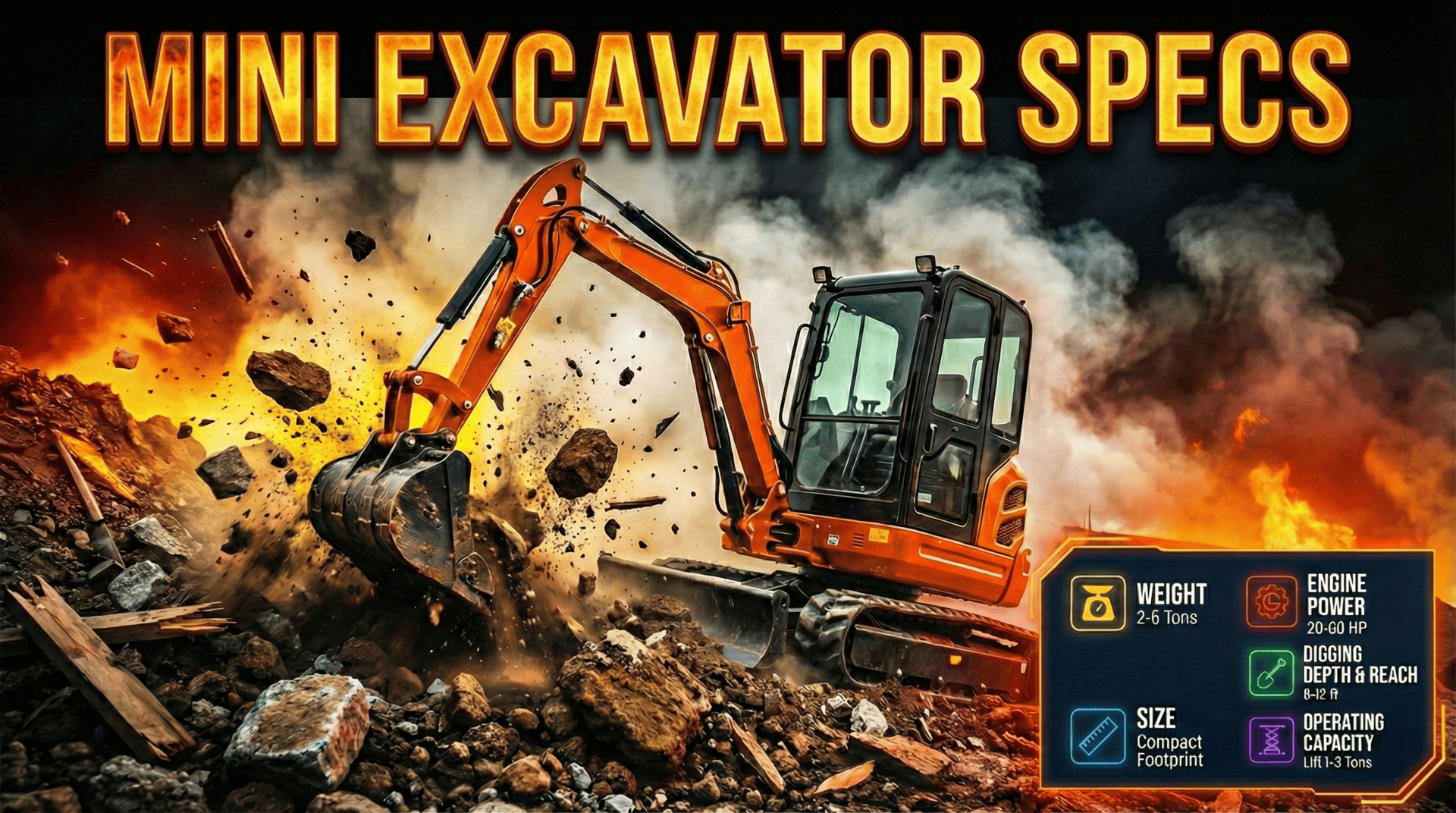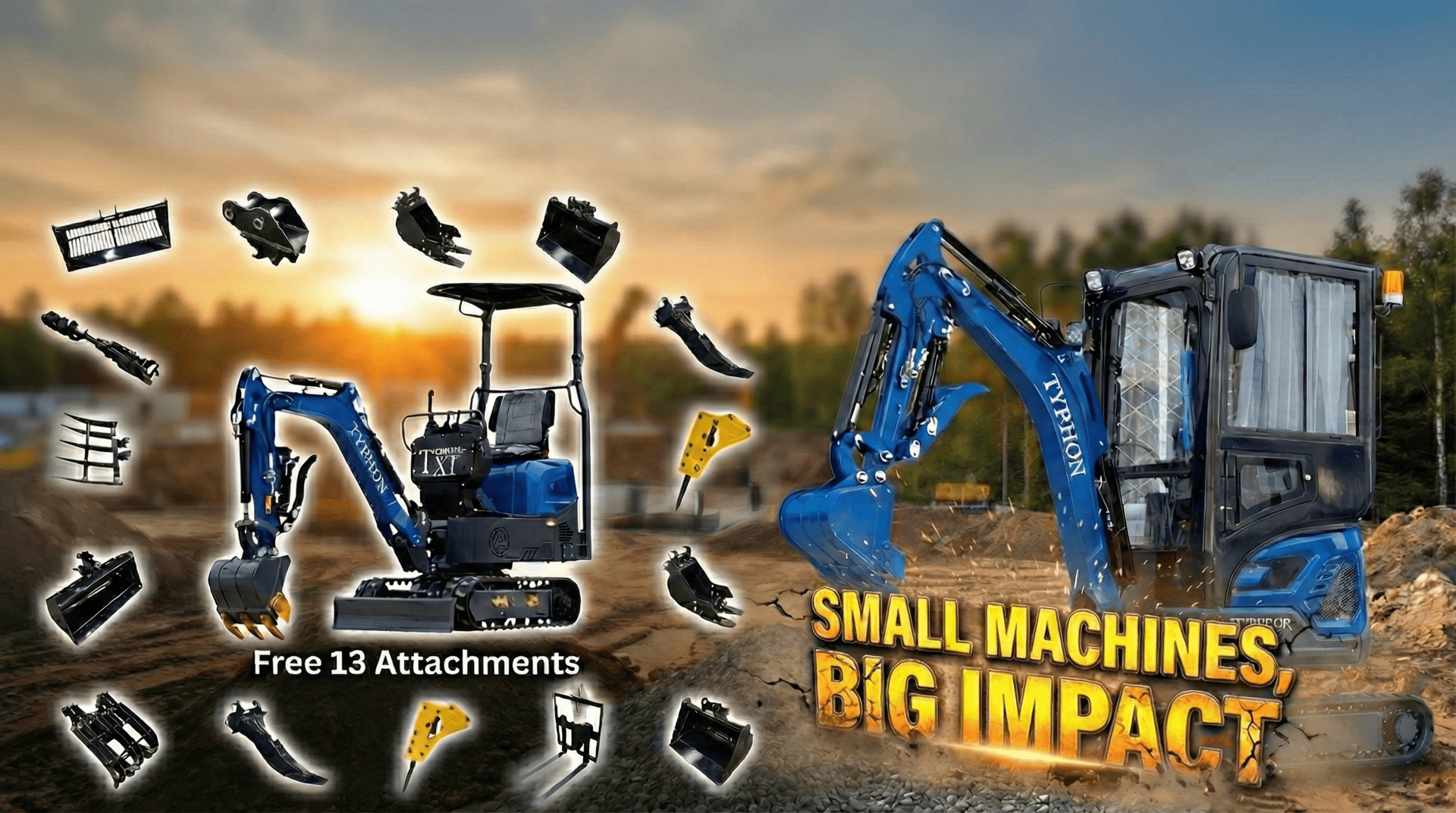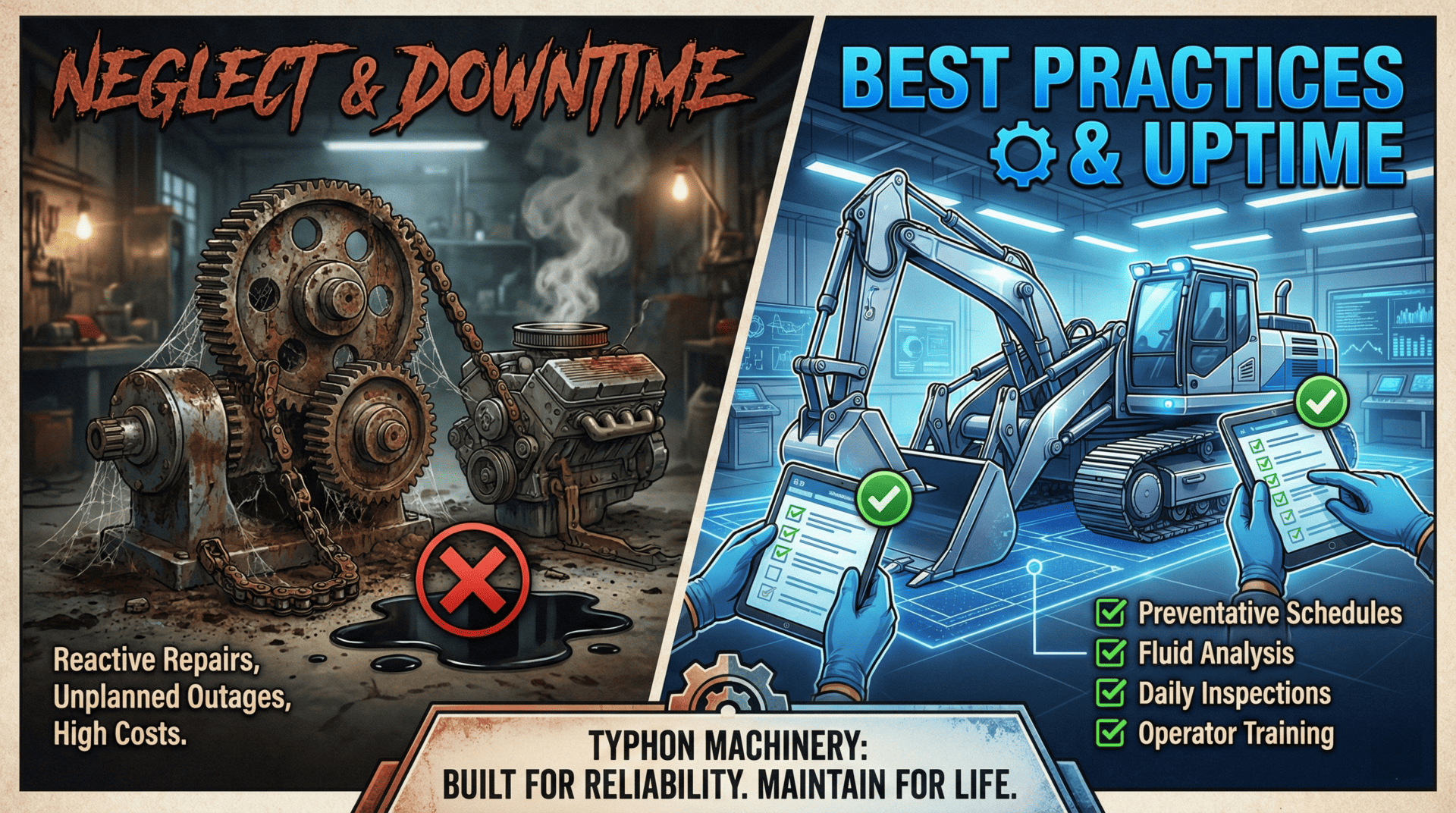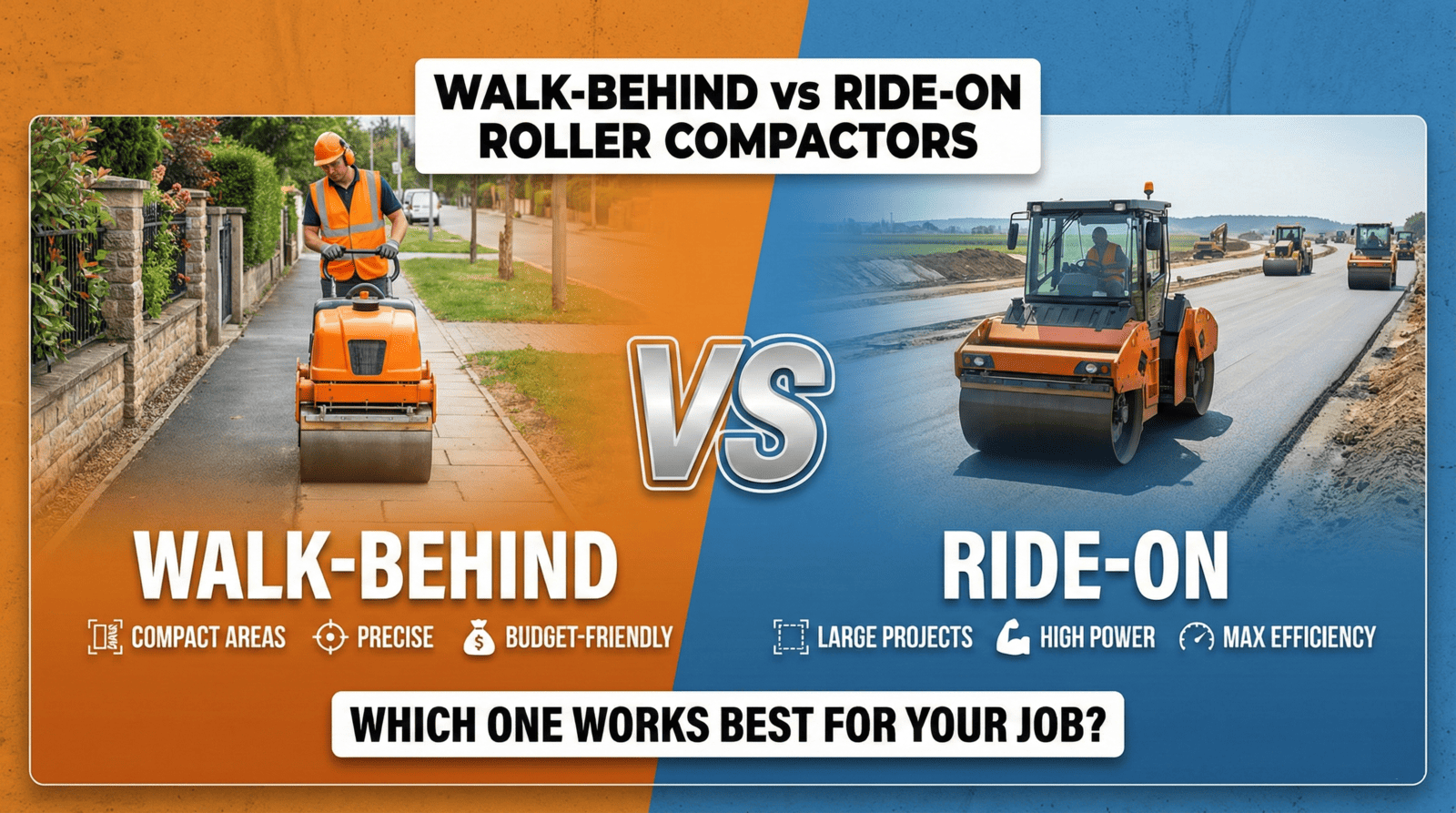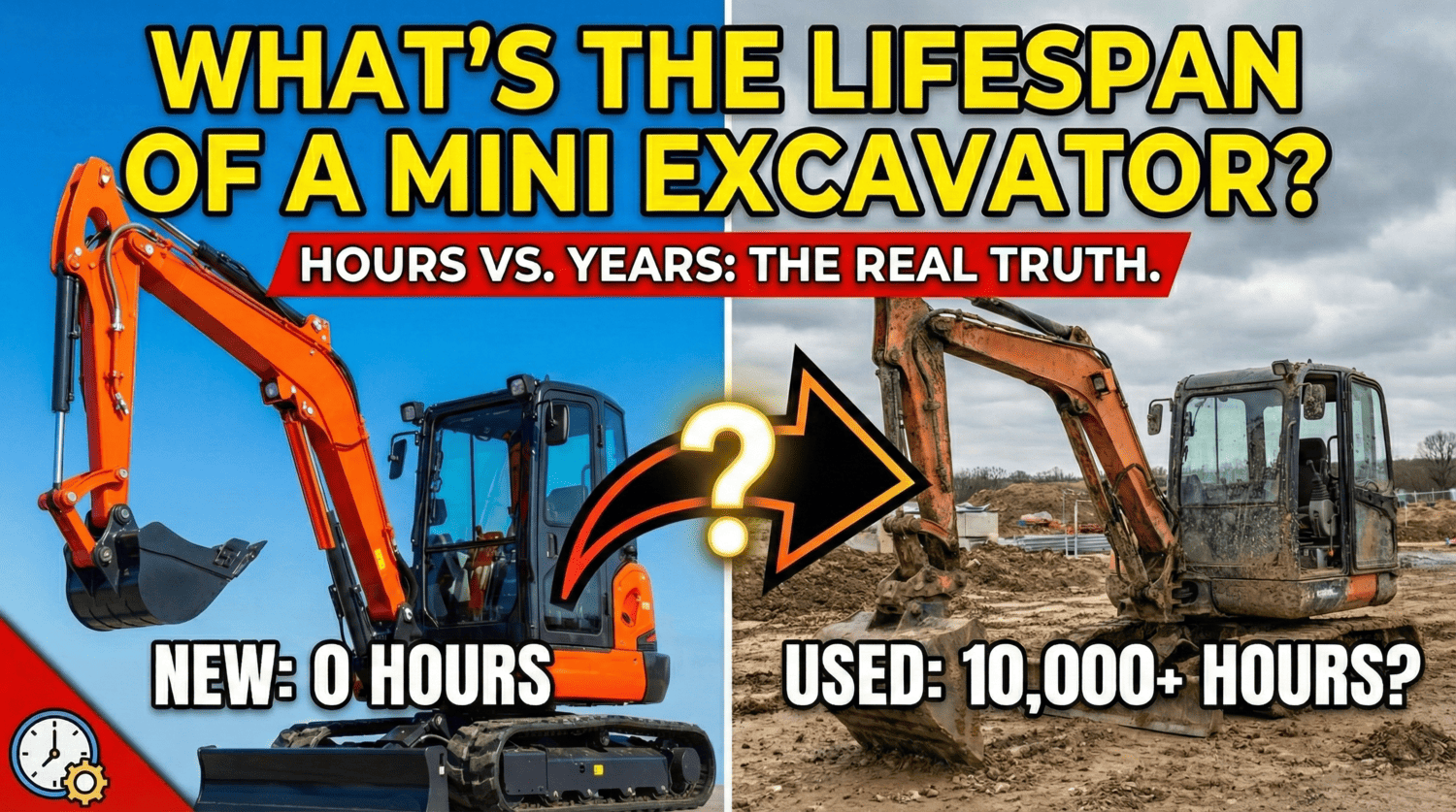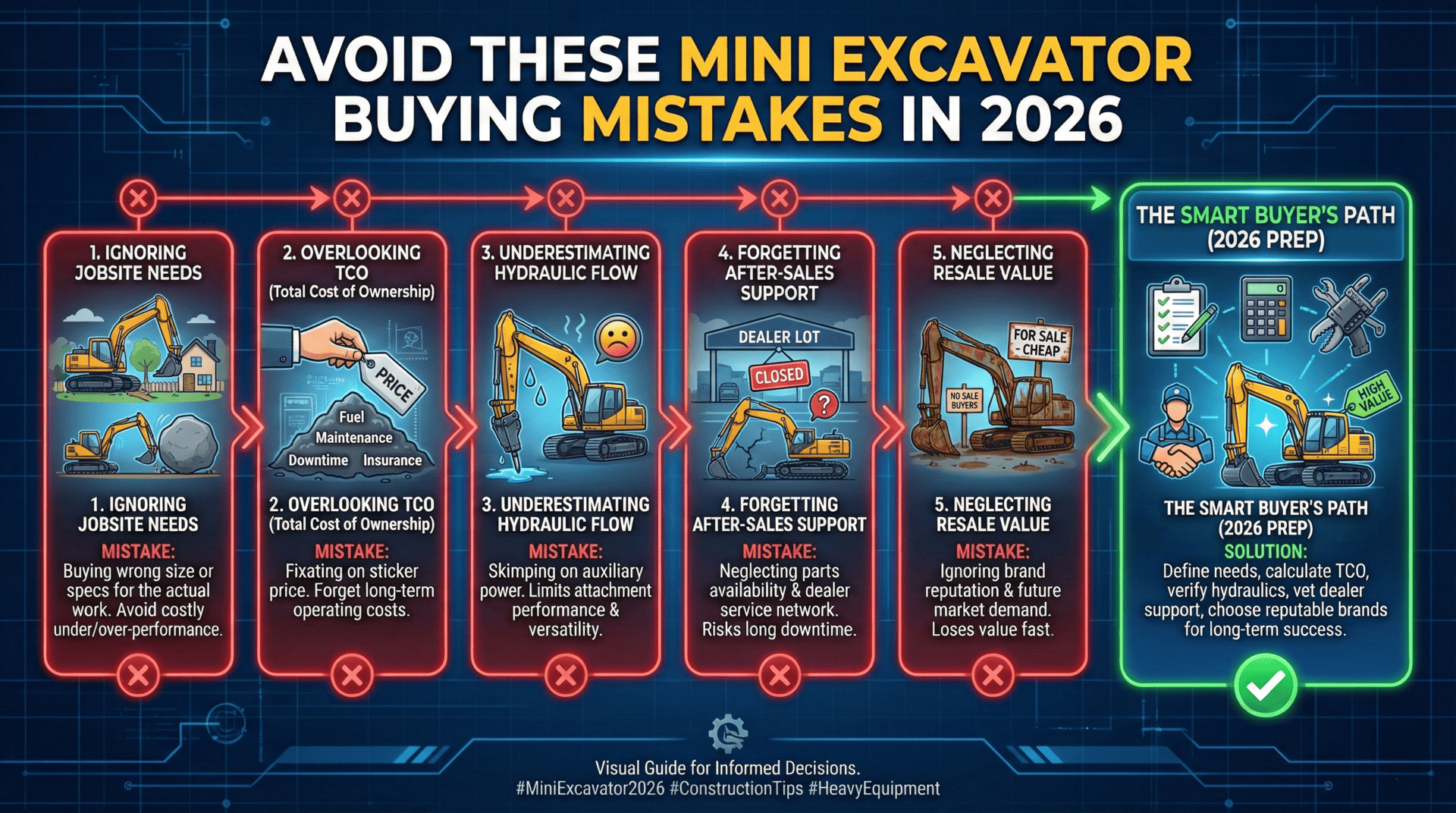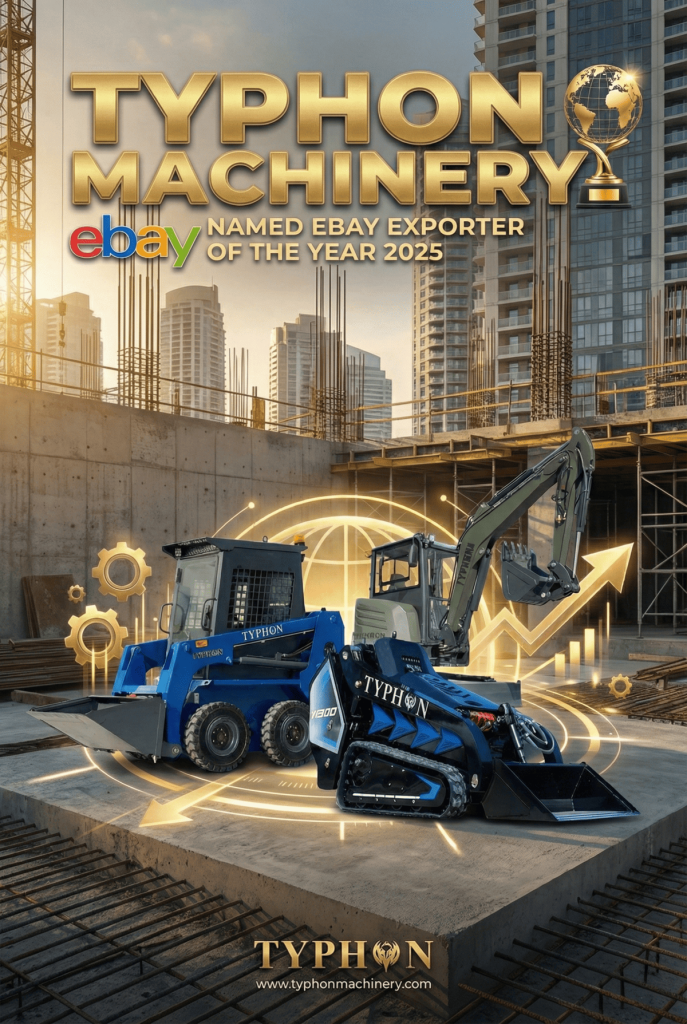Knowing how to convey mini excavators rightly and accurately is an essential skill for those who own and operate this heavy equipment. Moving from one job site to the next will need you to understand how to safely execute this task.
This means that as the owner or operator of a mini excavator, you are obliged to know how to appropriately load, unload, and secure your equipment on a trailer. But in the case of the licitness, you’ll want to secure your machine and your safety as best you can anyway.
Check your load limitations
Before you even start the loading task, you’ll need to take the time to acquaint yourself with some key identification of your equipment. These include:
- Transfer the weight of your machine (this can be found in the operation and preservation manual).
- Trailer stipulation and payload capacity.
- Tow proportion of your towing machine.
- Ensure that the trailer is in satisfactory operating condition by checking that the lights and indicators work effectively, tires are in better condition and inflated properly and there are no cracks or structural destruction.
- Any relevant load restriction in the areas through which you’ll be transferring the machine.
Preparation
It’s time to double check you’re set to load and unload safely by following these key steps:
- Check that your trailer is fittingly secured to the tow vehicle via the hitch and that the safety chains are attached—failure to fix properly may result in unrestricted movement.
- The shifting vehicle and trailer need to be parked on flat and level ground
- secure the towing vehicle has the parking brake appeal, the engine turned off and the trailer brake is on
- Wear pertinent personal shield equipment such as safety glasses, high visibility clothing, safety boots, and gloves
- Perform a risk assessment, make exclusion zones, and implement control measures as needed.
- Make sure your team has settled spotter
Loading your mini excavators
- Do necessary preparation for transport by making sure that the machine and trailer are neat, that there are no loose items, and that no signal of any leaks
- Join the largest bucket to the hitch and pack the smaller buckets inside the larger one.
- Load the mini excavator with the blade coating forward along the core line of the vehicle and trailer.
- Position the mini excavator in concession with the guidance presuming in the operation and maintenance manual.
- As an extensive rule, 5 – 10% of the weight of the laden trailer should be shored up at the hitch. If carrying attachments or supplementary materials, a tow ball scale should be used to make sure the weight falls within the allowable range
- You’ll need to double-check that if you’re loading additional items, the trailer convey capacity and vehicle tow capacity are not run over.
- Lower the bucket onto the bucket rest to carry.
- Make the size of the mini excavator as tiny as feasible by:
Retracting the boom cylinder
To stretch the stick cylinder
Extending the bucket cylinder to steadfastly rest the bucket on the bucket rest.
- Proceed with the hydraulic lockout authority to the LOCKED position to stop frame articulation or slewing
- Turn off the mini excavator and turn the battery isolator to OFF
- Lift rear load ramps and secure they are locked in pose.
Securing the machine
- Use a ratchet confine with a load capacity worthy of your mini excavator and with heavy-duty hooks.
- Eliminate dust protection and screw the two eye bolts into the hind part of the machine (refer to your operation and conservation manual )
- Check netted and binder for wear and impairment before use
- Place the rear straps in the pose as shown in the operation and preservation manual, cross them over, and guarantee the trailer join points are as broad and as far back as possible
- Fix the tie-down on the rear eye on the lower frame to avert transferring during transit—ensure trailer fitting points are as wide and as far back as viable.
- Place the front straps in the pose shown in the operation and conservation manual, ensuring the trailer fitting points are as wide and as far forward as practicable
- Put the strap over the buckets and prevent.
- Tension all the netting straps using inline snaggle to secure the machine
- Examine and re-tension restraints within the first 25km and at fixed intervals throughout the trip
- look at your operation and preservation manual, and mention any local ruling to ensure you’re working reliably.
